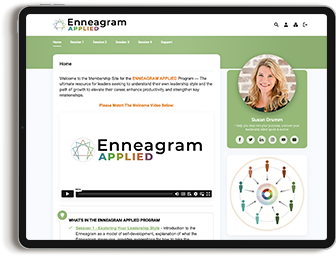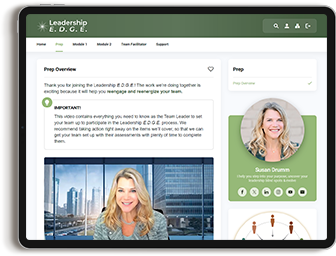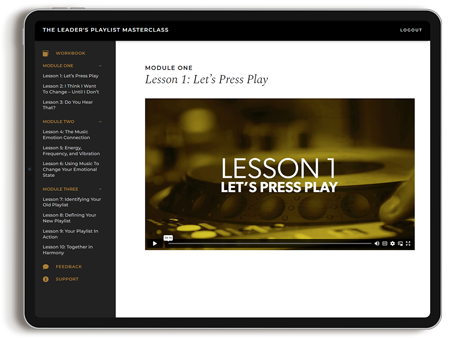Delegating everything but your zone of genius (feat. Cameron Herold)
The way we are taught to learn in school may make us poor delegators later on.
Schools often expect students to master all subjects. And if a student isn’t naturally gifted at that subject, they’re advised to put in even more time studying.
When these students grow up and become leaders, they may continue to expect themselves to master all roles of their organization instead of doing the more efficient and profitable action: delegating areas outside of their strengths.
Cameron Herold is a business growth guru, with 25+ years of corporate management experience. He helped build two $100 million companies before the age of 42, and now he’s the founder of COO Alliance, a community and organization that helps COOs grow their businesses by growing their senior leadership.
In this episode, he shares the hyper-focused roles that COOs and CEOs should embrace (and how to effectively delegate everything else).
Why leaders should stay in their zone of genius
Cameron uses an orchestra analogy to illustrate the importance of the C-Suite staying in their respective zones of genius. Every member of the orchestra plays together, but each is an expert in one instrument. If you asked a flute player to also become skilled at playing the drums, they would likely spend precious time learning the new skill — only to not ever be a true master at a second instrument.
The same is true for the C-Suite of your organization, particularly the CEO and COO.
According to Cameron, the CEO’s role is to be the visionary and the COO’s role is to make that vision come to life. CEOs who get caught up in the practicalities of carrying out their vision may see their impact lessened as a result.
For example, Steve Jobs had a vision of a cell phone with no physical keyboard and he stuck to it, though others around him thought the idea was impractical. Had he listened to them or considered practicality to be his job, Apple would never have arrived at the iPhone that exists today.
How leaders can delegate profitably
Cameron advises leaders to do what he calls an “activity inventory.” In an activity inventory, a leader records all the tasks they do in a week and puts them into a spreadsheet.
In the first column, you list the activity, such as “conduct team meeting.” In the second column, you categorize the activity in one of the four following ways:
- Incompetent (not good at it)
- Competent (can accomplish it, but it doesn’t come easily)
- Excellent (very good at it, but don’t love doing it)
- Unique ability (very good at it and are energized by it)
Then, in the third column, you put the hourly rate you’d pay someone else to do each task in the “Incompetent” or “Competent” categories. If the final cost is within your budget, you should outsource all of those tasks immediately.
How to stay focused on your zone of genius
Many leaders view their role as improving their skillset constantly. They take courses, read books, and watch talks to better and broaden their skills — yet, this often only adds stress and distraction to their lives, as they don’t have a plan to implement everything they’re learning.
To remedy this, Cameron has two key pieces of advice:
- Only study, read, watch, or learn things that are directly related to what you’re working on this quarter.
- Invest in getting your managers and leaders trained in these skills instead of you, as they are the people who need to implement them.
Cameron also answers the most common questions business leaders are asked…
- 3:20 Where do most CEOs get “stuck”?
- 5:30 How to define the role of COO & CEO? With his “Vivid Vision” process, which helps CEOs get clearer about their vision so that COOs can implement it effectively.
- 10:24 What advice do you give the COO that he isn’t getting from the CEO?
- 11:38 Most impactful thing you’ve done for your own development?
- 12:28 Why prioritizing your employees, not your customers, will lead to better business outcomes and higher revenues?
- 15:45 What do you do to grow your leadership?
- 20:25 Explain the “Activity Inventory” Tool?
- 23:25 What is your “meaningful mission”?
- 25.50 What’s the biggest challenge facing fast growing leaders?
- 27:20 Why you should invert your organizational chart, with the CEO at the bottom supporting everyone else
If you liked this episode, you may also benefit from hearing:
- Robert Glazer share his strategies for returning to work and hiring post-pandemic. (Robert was a founding member of the COO Alliance!)
- Rabbi Simon Jacobson, about how discovering your personal mission statement is a must for most leaders.
- John Ruhlin’s secret to employee retention, winning more high-figure deals, and earning incredible referrals through radical generosity.




